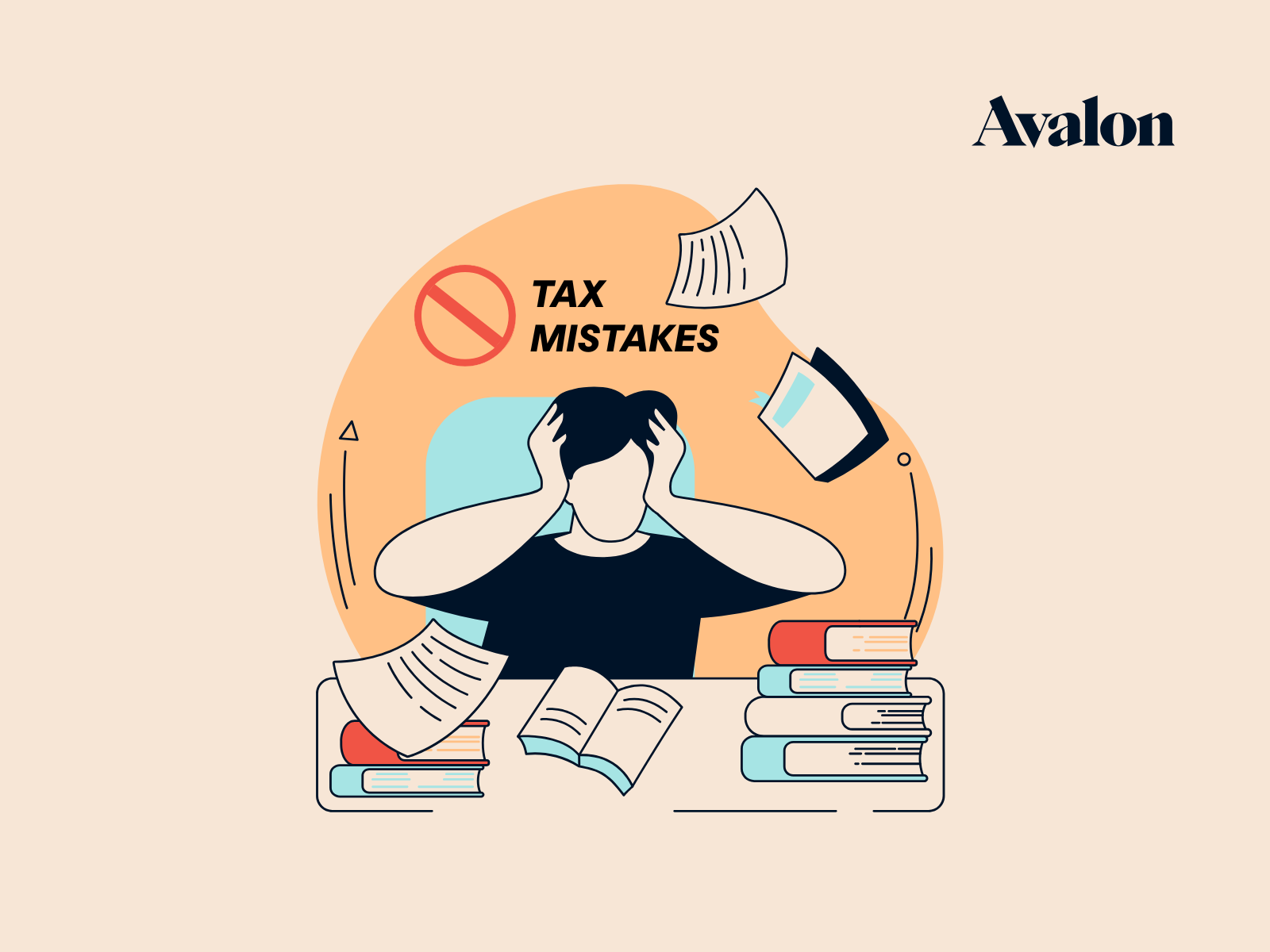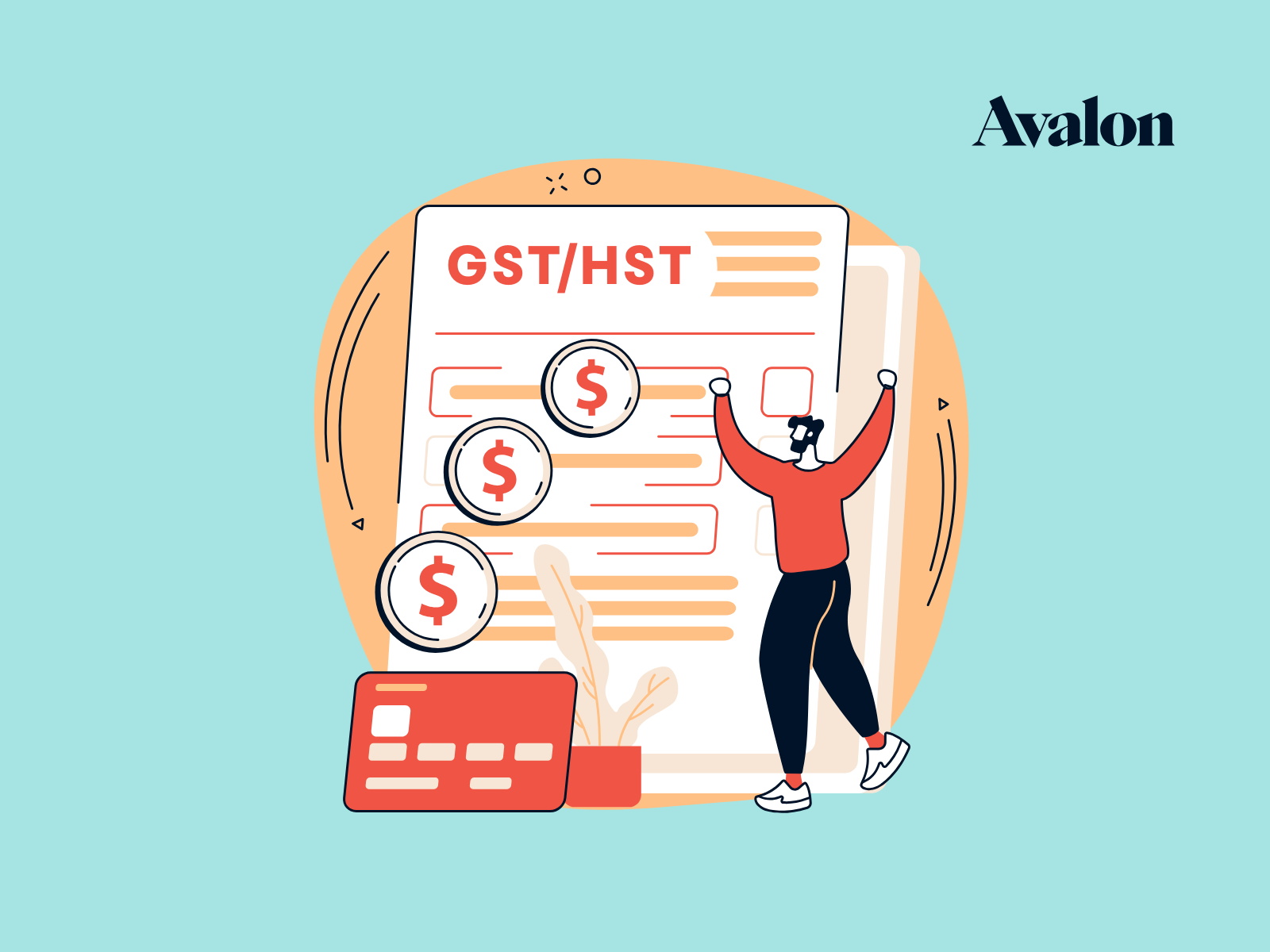If you’ve operated a business or know someone who has, chances are you’ve had the conversation about what you can “write-off”. It may have gone something like this:
Clearly Jerry and Kramer could use some help, so let’s dive in.
According to the Government of Canada: in general, you can deduct any reasonable current expense incurred to earn business income. OK, so we need to know what a current expense is and how to determine if it was incurred to earn business income. As with most accounting and tax issues, there are exceptions and one off situations so we’ll look at some of those and we have also provided a section of useful links where you can learn more.
Current Vs. Capital Expenditure
The idea here is that current expenses are generally deductible in the current year (right away) whereas capital expenses are deducted over the useful life of the purchase (over a few years). Some criteria to differentiate between current and capital expenses are:
- Lasting benefit - Capital expenses provide a benefit lasting longer than one year. Current expenses reoccur after a short period of time.
- Maintenance vs. improvement - Capital expenses improve property from its original state, whereas current expenses restore property only up to its original condition.
- New assets vs. repair of already owned assets - Capital expenses are generally new property or equipment whereas current expenses generally repair part of an existing piece of equipment or property.
Here are some examples to help you apply the criteria:
Capital
Purchasing a computer is a new asset and has a lasting benefit so could be considered a capital expenditure.
Replacing wooden stairs with concrete stairs would likely increase the life of the stairs so could be considered a capital expense.
Purchase of a new telephone is also a capital expenditure as it has a lasting benefit and is a new piece of equipment.
Current
Repairing an old computer to allow it to function again would be a current expense as it’s maintenance and not an improvement.
Replacing wooden stairs with wooden stairs would bring the stairs back to original condition so could be considered current.
Paying your monthly bill for phone usage would be a current expense as it reoccurs after a short period of time.
Incurred to Earn Business Income
The next issue to consider is whether the expense is reasonable and is incurred for the purpose of earning business income. For example, it would usually be reasonable for a software developer to claim internet costs, but it might not be reasonable for a contract construction worker to do the same. The issue is whether the expense is actually used in the business to earn income or grow the business.
The other component here is that there may be expenses that can be attributed to the business, but there could also be a personal component that would not be eligible to claim. For example, if you use the same cell phone for both business and personal use, then it would be reasonable to claim only the portion of the expense that relates to business use. You may have to estimate this, keeping in mind whether the estimated business use is reasonable or not.
Using the same thought process, personal expenses that cannot be linked to earning business income (personal travel, meals, clothing etc.) wouldn’t be eligible business expenses.
Exceptions and Specific Rules
We often see questions about these specific rules and exceptions.
- Meals and Entertainment - When meals and entertainment expenses are incurred for business purposes, they are still only 50% deductible for tax purposes. It is important to keep track of the business reason for the M&E expense and who it was with. If you pay for a meal because you’ve forgotten your lunch for the day, it most likely isn’t deductible.
- Vehicle Related Expenses - You can deduct expenses you incur to run a motor vehicle that you use to earn business income. This includes items such as fuel, insurance, registration costs, leasing costs and maintenance. The main consideration again is that personal related use is not eligible, so costs may need to be prorated based on personal vs. business use. Personal use includes travel to and from your regular place of work.
- Home Office Expenses - You can deduct home office expenses as long as the space is either your principal place of business, or you use it only to earn business income and regularly meet clients, customers or patients there. You can deduct a portion of your utilities costs, maintenance costs, property taxes, and mortgage interest. To calculate the part you can deduct, use a reasonable basis such as the area of the work space divided by the total area of your home.
- Gym and Golf Memberships - In most cases, you cannot deduct club membership dues if the main purpose of the club is dining, recreation, or sporting activities.
Useful Links
- Business Expense Discussion - A general discussion and additional detail about various types of business expenses on the Government of Canada website.
- Motor Vehicle Expenses - A thorough discussion on claiming motor vehicle expenses including useful information on keeping a logbook to claim these costs.
- Business Use of Home - Further detail on claiming home office expenses.
- How to File Your Own Tax Return - Our guide on how to easily prepare and file your own personal tax return. It includes a helpful bookkeeping template for recording business income and expenses.












